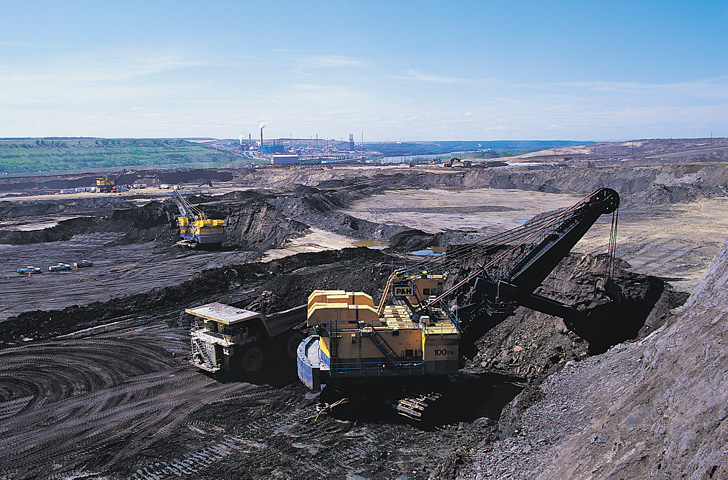
The Department of State has released a 2000-page draft Supplementary Environmental Impact Statement regarding the XL Keystone Pipeline. In the words of the executive summary, the report “concludes that approval or denial of the proposed Project is unlikely to have a substantial impact on the rate of development in the oil sands, or on the amount of heavy crude oil refined in the Gulf Coast area.” The report is not what environmentalists wanted, although it pleases those in the oil business
There is now a 45-day period for public comment, and anyone with anything to say can email their statements to [email protected]. Once the comment period is over, the final decision will be President Obama’s. And judging from the way the interested parties are talking, he will approve it.
TransCanada, the pipeline company, is operating as if the approval is almost a formality. The same day the State Department issues its report, Paul Miller, TransCanada’s senior vice president in charge of oil pipelines, told reporters his firm will get the needed permits by the “first half of 2013.” He added, “We’re talking to refiners today, stakeholders today, producers today, to see what the market wants.”
Alberta Premier Alison Redford, a conservative, has plans to visit Washington in the coming weeks. Her office issued a statement that read, “On behalf of the people of Alberta, I welcome further progress towards a decision on the Keystone XL pipeline….As I have said many times before, we respect the U.S. decision-making process and fully expect the President’s final decision will be extremely well thought out and based on science and fact.”
In Nebraska, where the pipeline will run, Republican Governor Dave Heineman has approved a new route for the pipeline, which avoids most of the Ogallala aquifer. It was fear of of a pipeline leak polluting the aquifer that led the Obama administration to reject an earlier application to build the pipeline.
Meanwhile, the environmentalist lobby is circling the wagons. The Huffington Post ran this “’What happens if you’ve got the Obama pipeline — now it’s the Obama pipeline — and it leaks?’ asked activist and former White House adviser Van Jones on CNN Friday. ‘His legacy could be the worst oil disaster in American farmland history.'”
And it also ran, “If Keystone XL gets built, it will be known as Obama’s dirty pipeline,” said Jamie Henn, a spokesman for climate advocacy group 350.org. “This fight has sent more people to jail and put more people in the streets than any other environmental issue in recent memory. No amount of half-measures or technical regulations could repair Obama’s environmental legacy if he approves Keystone XL.”
Judging from what these interested parties are saying and doing, and based on my reading of the executive summary (not even your fearless FPA blogger could read the whole thing in a few days), the pipeline is going to happen, and the oil will flow sometime in 2014.